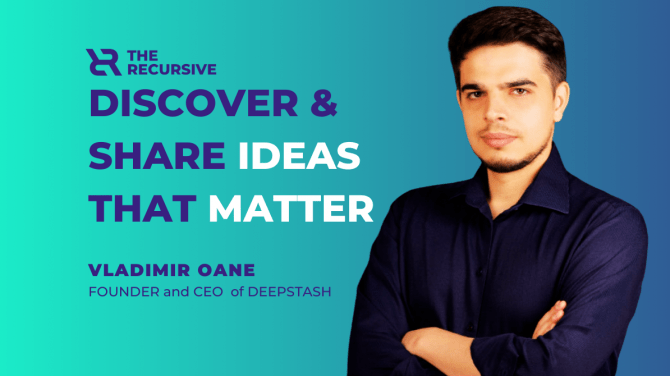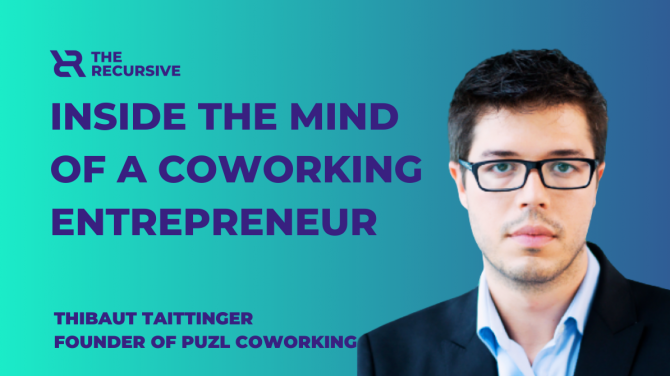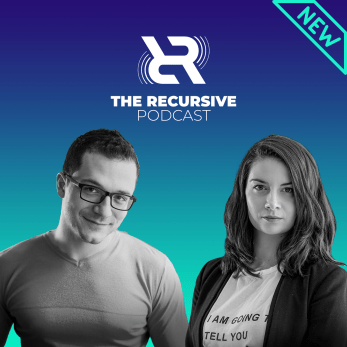Riga is a Latvian city of about 600K people looking out at the Baltic Sea. As an emerging European capital, it’s peaking out of Estonia’s shadow, and flourishing into a tech startup scene. A Startup Visa available, dedicated incubators, and Innovation Vouchers between 5K-25K euros targeting business men and women at the beginning of their journey, Latvia is quite the tech gem for entrepreneurs.
In 2022, over 300 Latvian startups raised more than €90M to drive innovation, while the country received an extra €30M under Horizon Europe for education, research, and private businesses. Out of these startups, 23% have at least one female shareholder, and 7% are female-only shareholders.
Amongst the tech verticals getting the most attention are SaaS solutions, Fintech, Mobile Apps, MedTech, and AI, to name a few. Aerones, which develops solutions for wind turbines received €39M; followed by Juro’s €20M, an automation HRTech platform; and proptech Girrage360’s €15M.
Latvian women in tech
One of the reasons for the steady growth in recent years is conferences bringing in international innovators and making local ideas take off. TechChill, co-founded by a woman in tech – Marija Rucevska, is one of them, and it will take place between the 27th – 28th of April.
With a background in communication and media studies, Marija currently wears a few hats, from that of an entrepreneur to an angel investor and mentor for startups that want to grow locally, and scale internationally, especially in the US.
She is also the co-founder of Helve, a company connecting businesses with the startup world through different programs. Accelerators, incubators, and hackathons are the pillars of a local intrapreneurship culture and the stepping stone in launching more spin-offs.
Marija Rucevska has been seeing the Latvian ecosystem evolve in the past decade, so I wanted to pick her brains about local verticals taking off, but also her experience with long sales cycles and skeptical clients moving forward in 2023.
“It’s hard to encourage people in these turbulent times. First of all, cut your costs, and make sure you extend your network to make those rounds come true,” she concludes.





